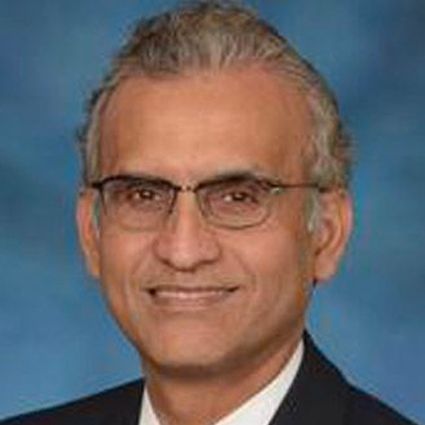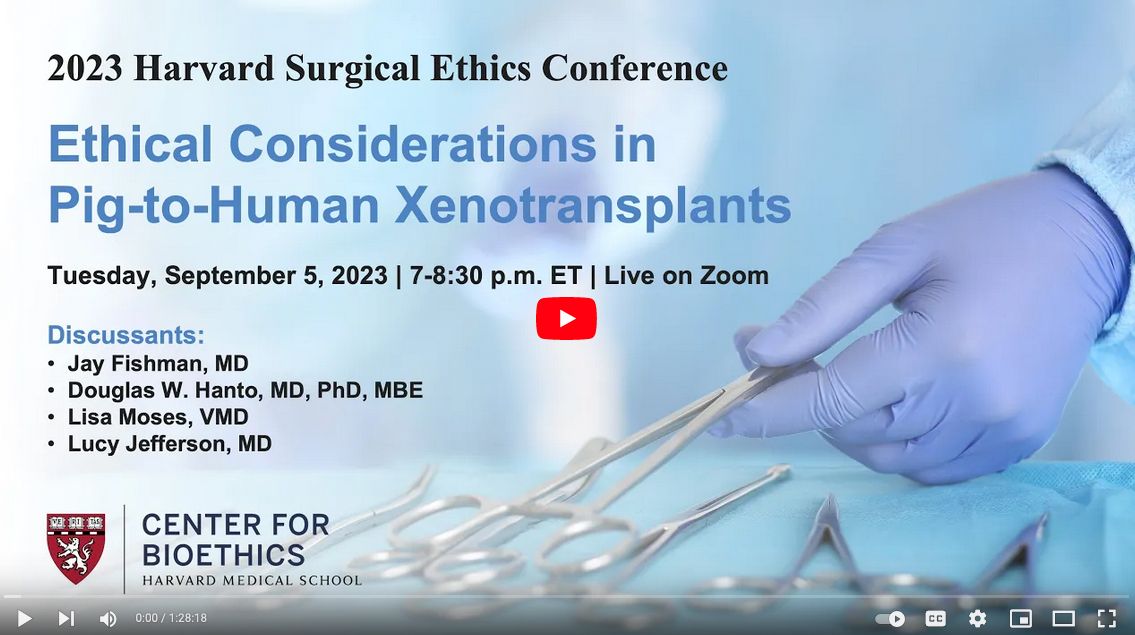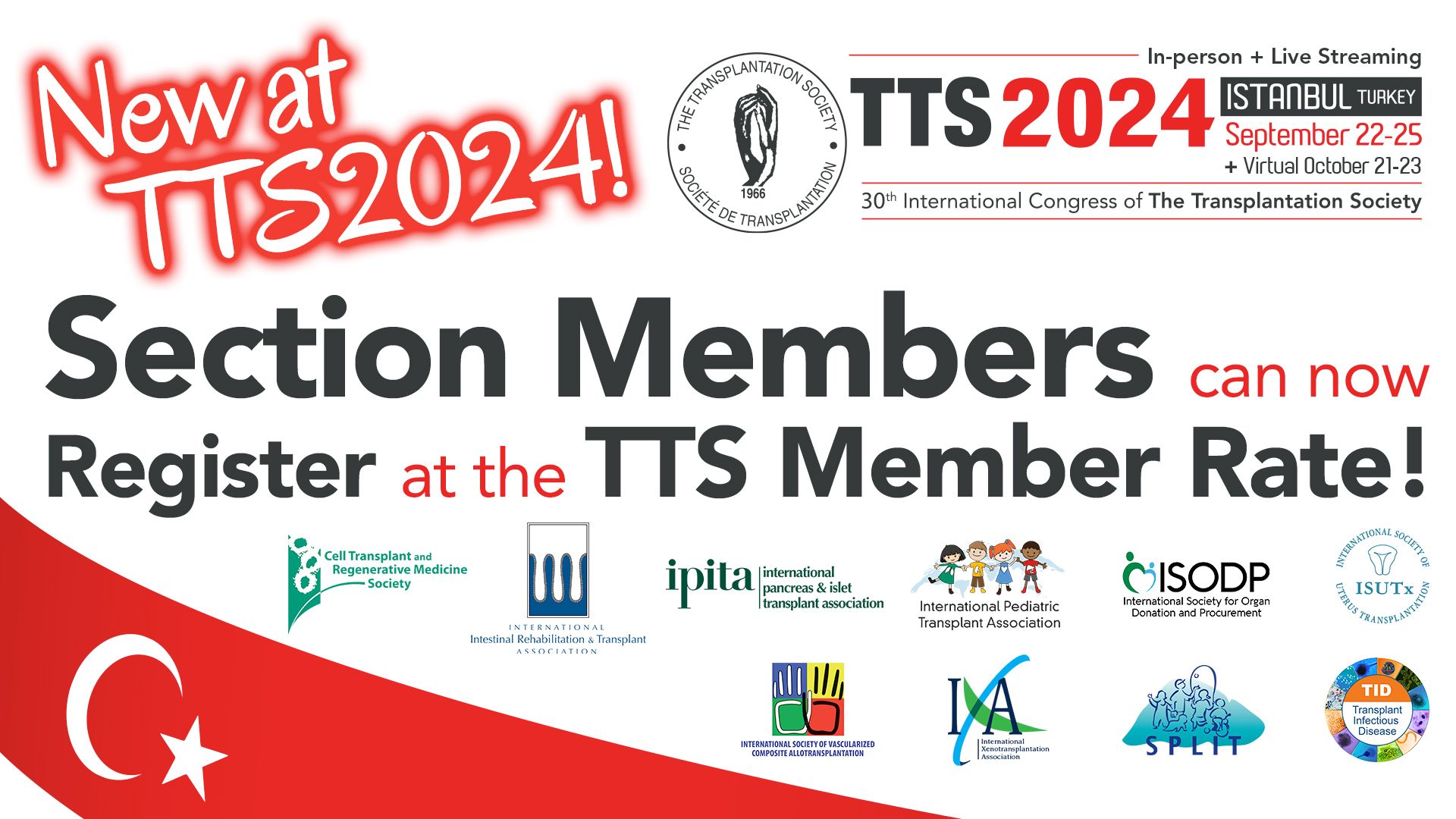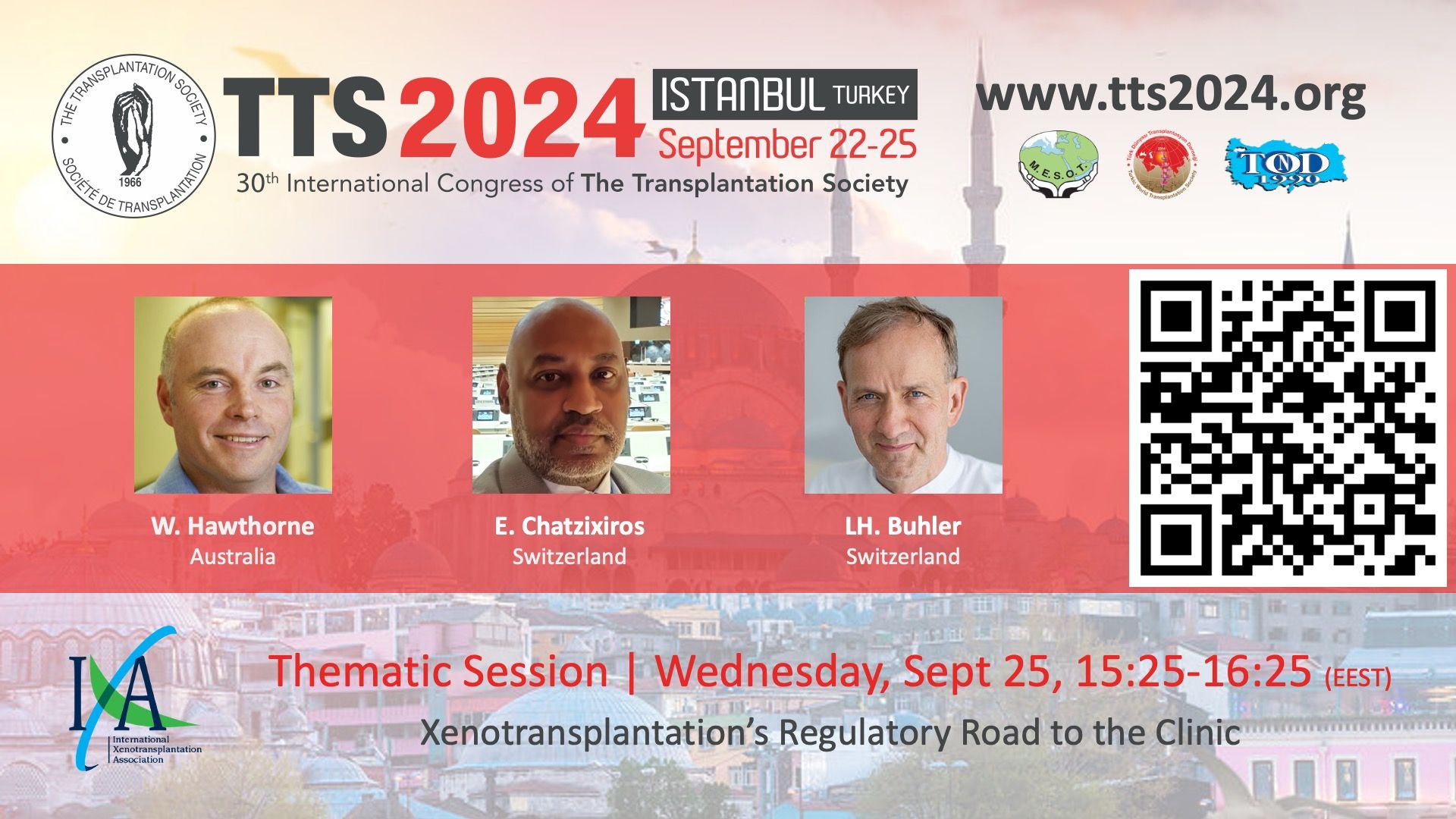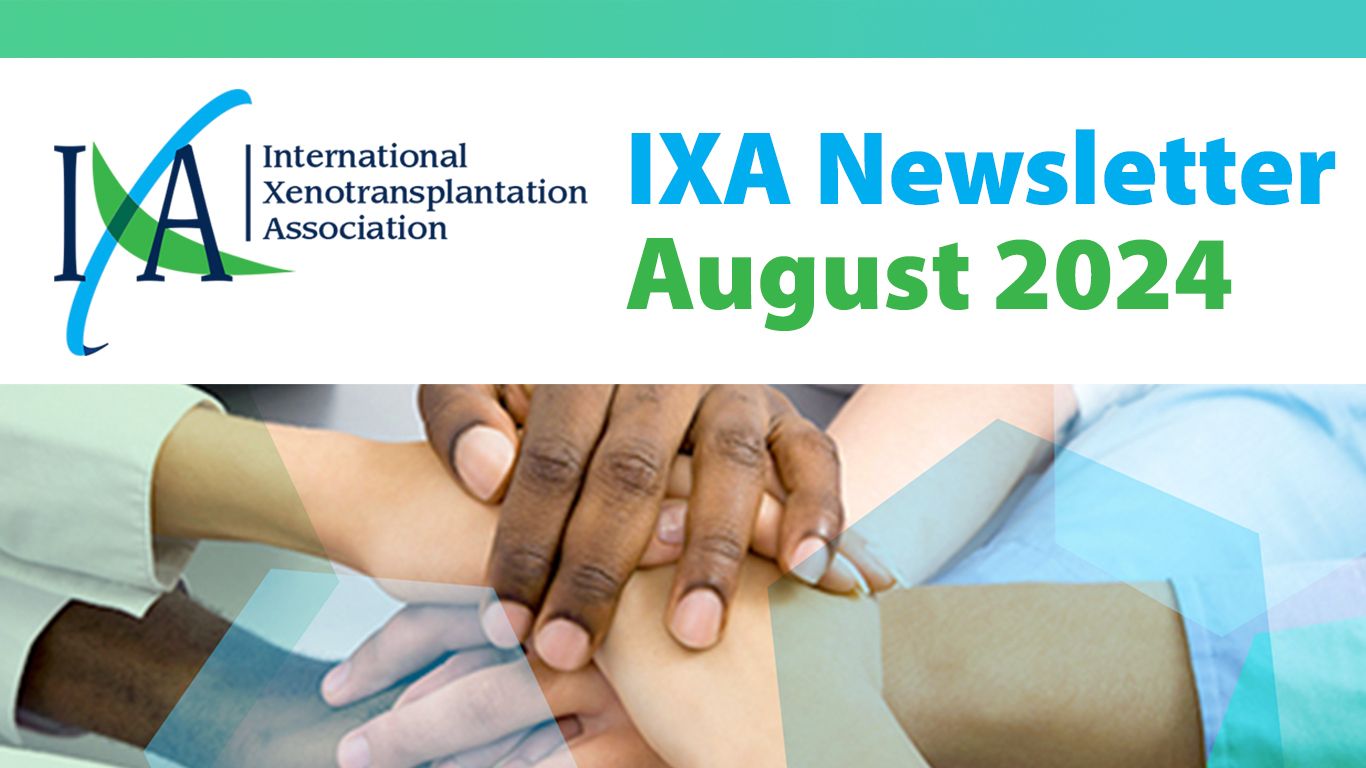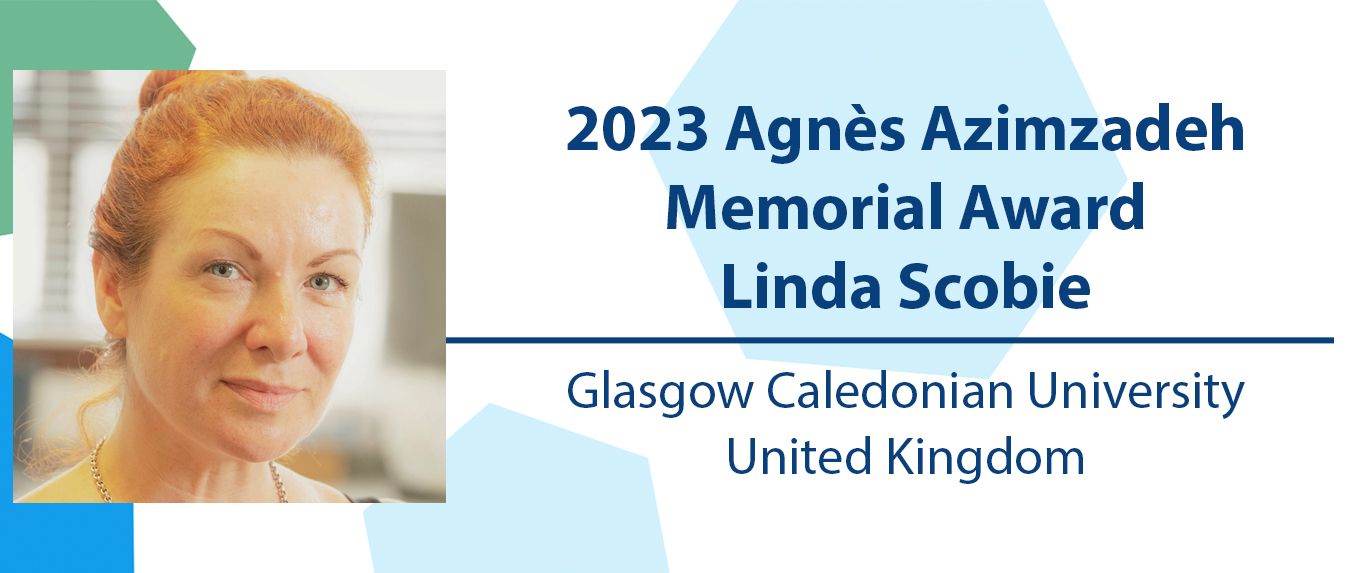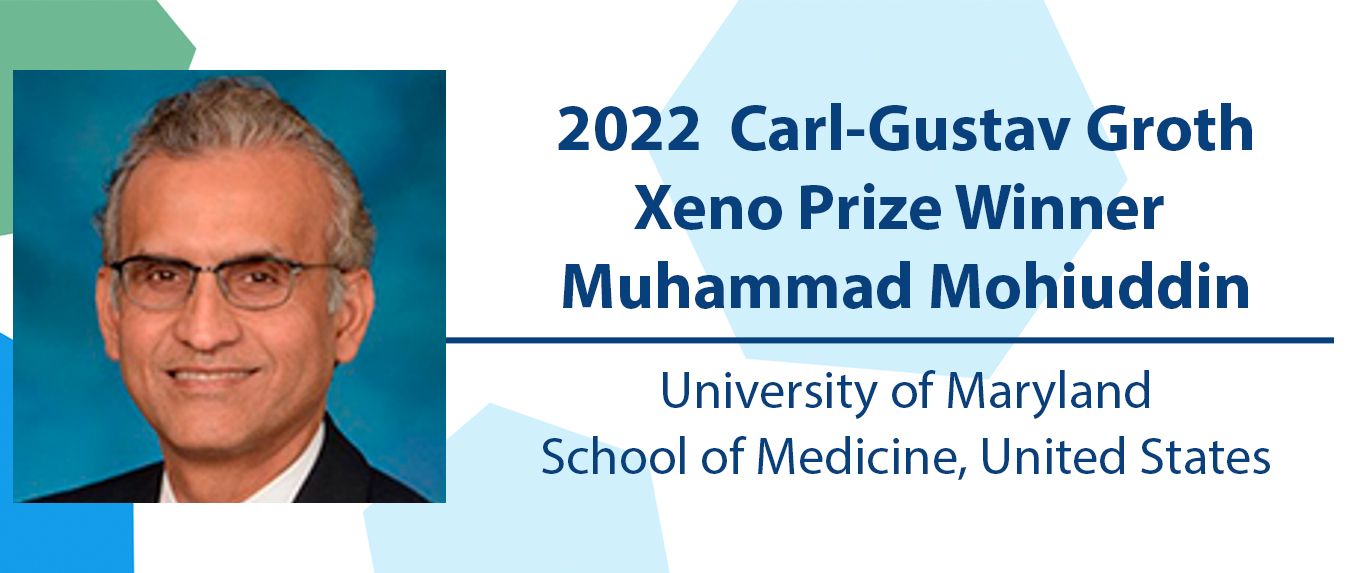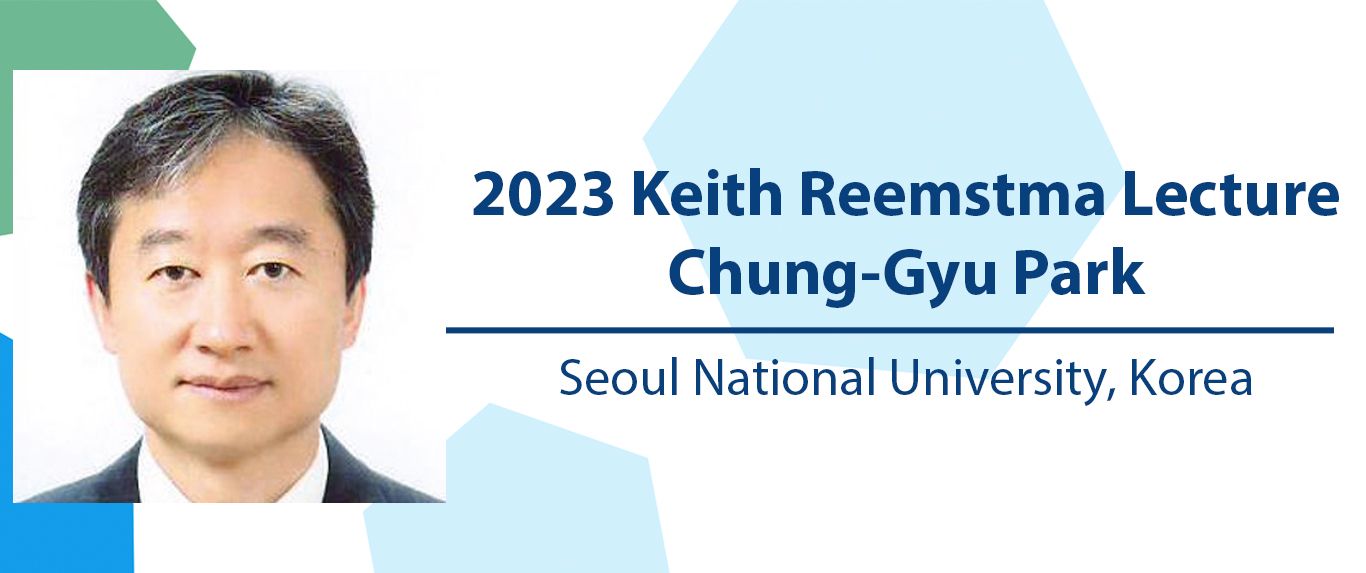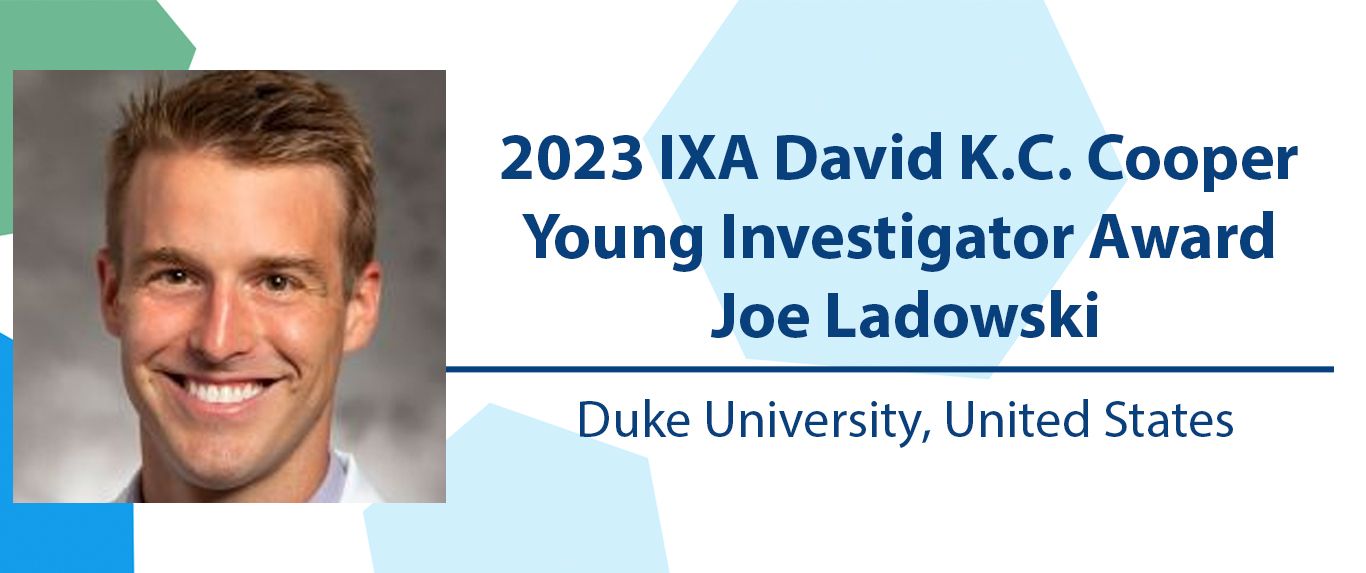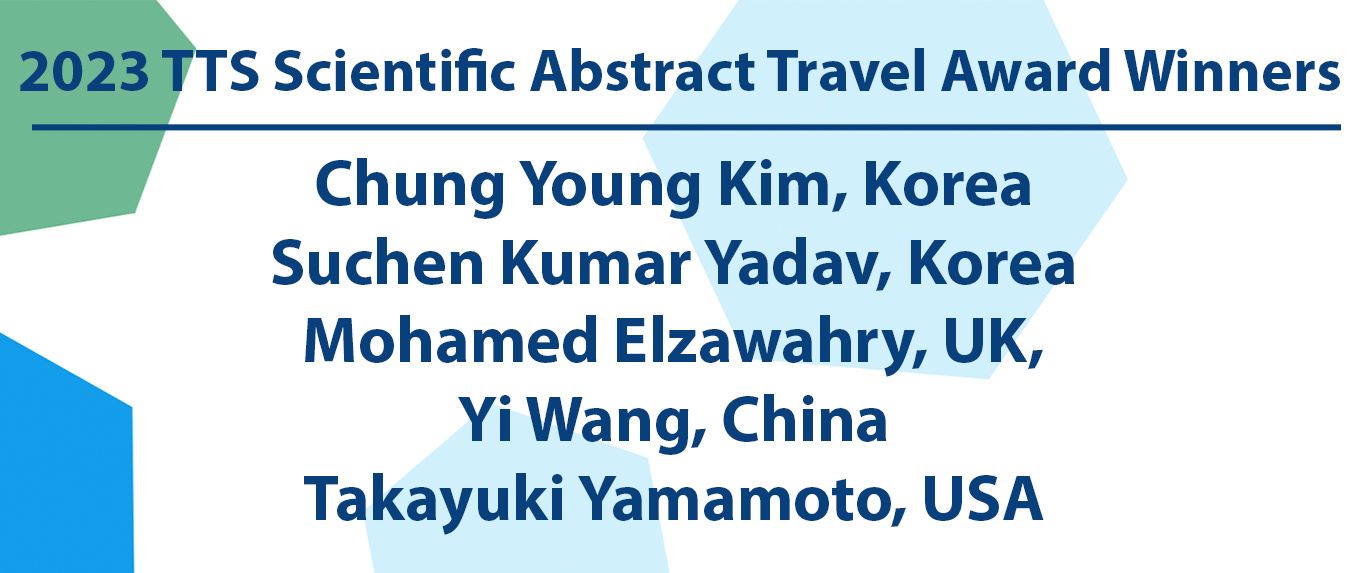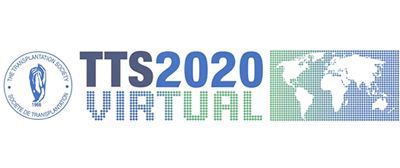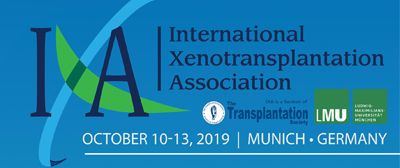Hendrik Jan (Henk) Schuurman, MSc, PhD (1950-2024): In Memoriam
Henk was born in Enschede in The Netherlands on July 11th, 1950. He studied chemistry (MSc 1971; PhD 1974) at the University of Utrecht, followed by postdoctoral training in immunology and pathobiology at the same institution (1). Between 1979 and 1992, he was head of the Laboratory for Immunopathology in Utrecht and, additionally, a consultant to the National Institute of Public Health and Environmental Protection in The Netherlands. Henk started an immunology laboratory at Sandoz and then in 1999 at their subsidiary, the British biotech company Imutran in Cambridge, UK under the scientific leadership of David White. Imutran had produced the first gene-edited pigs (expressing hDAF – the first being born at the end of 1992) as sources of organs for xenotransplantation with Henk becoming an authority on xenograft rejection. Henk moved to Boston with the new biotech company, Immerge, as Vice-President of Research (2001-2004). Immerge successfully produced the α1,3-galactosyltransferase (GTKO) pigs in 2004 and demonstrated that heterotopic heart transplants from these pigs functioned for longer periods in nonhuman primate recipients than previous pig hearts. Henk was subsequently Executive Officer of the Spring Point Project and professor of surgery and co-director for preclinical studies at the University of Minnesota where they developed a designated pathogen-free (DPF) cohort of pigs for clinical xenotransplantation. Henk worked more recently as an international consultant in the development of xenotransplantation. He was called upon by many companies for his expertise in both pig rearing and in xeno-immunology.
Henk worked tirelessly as an Associate Editor of Xenotransplantation, our official journal at IXA. Henk was incredibly hard working and detail oriented – and generous with his vast experience, particularly in the regulations governing the field of xenotransplantation. He was completely committed to the clinical success of the field.
Henk enjoyed good company, good food, and good wine – and had many great stories to share. His contributions have accelerated progress in xenotransplantation worldwide.
Courtesy of David K. C. Cooper MD, PhD, FRCS, Hidetaka Hara MD, PhD, Dengke Pan PhD ‘ and Leo H. Buhler MD.
President's Message - August 2024
Public response to these dramatic transplants has been supportive. The IXA conveyed these achievements to the transplantation field through its journal, Xenotransplantation and its frequent newsletters and webinars. A major goal of IXA is to foster a collaborative environment between investigators working in the field so as to accelerate progress in the field. The IXA's support for its parent organization, The Transplantation Society (TTS), is a testament to its commitment to the field, providing experts for their webinars and any expert support that is needed in the field of xenotransplantation, thereby reassuring the community of the strength of their collaborative efforts.
The IXA’s mission remains to promote xenotransplantation as a safe, ethical and effective therapeutic modality by:
- Fostering the science of xenotransplantation through the promotion of ethical clinical and pre-clinical research, productive discourse, and collaboration.
- Educating health care providers and laypersons through broad, representative participation in interactive public debate; and
- Guiding the development of scientifically sound, internationally consistent public policy that is responsive to new developments in the field and acknowledges varying social, ethical and legal frameworks.
The IXA has worked closely with other TTS associations and other international transplantation societies to help advance the xenotransplantation field. Some of the major work by IXA includes:
- Holding a very productive biennial Congress with sister associations, CTRMS and IPITA in September 2023. In this meeting, over 247 abstracts were presented and a number of prestigious awards were given.
- 2023 Keith Reemstma Lecture awarded to Chung-Gyu Park
- 2023 Honorary Lecture awarded to Richard Pierson III
- 2023 Agnès Azimzadeh Memorial Award awarded to Linda Scobie
- 2022 Xeno-Prize Winner awarded to Muhammad Mohiuddin for the article entitled “Progressive genetic modifications of porcine cardiac xenografts extend survival to 9 months”.
- Collaborating and holding joint meetings with the Food and Drug Administration (FDA) and continuing dialogues with a number of regulatory agencies and other associations to help produce guidance on xenotransplantation. These have included the International Society for Heart and Lung Transplantation (ISHLT), the American Society of Transplantation, the Pontifical Academy for Life, and the World Health Organization (WHO) development of Changsha Communique guidelines for safety in xenotransplantation and interacting with the WHO to further refine and expand the xenotransplantation registry or find another mechanism to be able to support the registry.
- Developing public awareness of xenotransplantation through continuous engagement with the public and making them aware of its progress and potential benefits.
- Helping investigators and pig breeders to develop protocols to prevent any potential transmissions of zoonotic diseases through surveillance of xenograft recipients and herds for xenotransplantation.
- Developing close relationships between the industry partners making products for xenotransplantation.
- Publishing existing research in its journal Xenotransplantation in a timely manner.
- Promoting ethical considerations of xenotransplantation.
- Providing outreach to families of patients who have contributed their lives to Xenotransplantation – e.g. The son of the first heart xenotransplant patient was invited to the 2023 congress, where he delivered an emotional speech. The transcript of this speech was published in Xenotransplantation. Ann Faucette, wife of the second heart transplant patient, wrote about her experience, which is being published in the Xenotransplantation journal.
- Supporting young investigators in participating and contributing to the field with travel grants and achievement awards. e.g. IXA’s Young Investigator Committee has succeeded in bringing new investigators into the field, developing mentor-mentee relationships, and creating opportunities for these young investigators to work with experts in the field. IXA has also provided a platform for these young investigators to present their research at IXA’s biennial meetings.
- Promoting membership as interest in the field is developing at a rapid pace.
- Interacting with various xenotransplantation societies internationally, helping them establish xenotransplantation programs, getting regulatory permission to do research in this field, and finally preparing them for clinical translation.
- Monitoring xenotransplantation worldwide to ensure that all attempts follow regulatory and ethical guidelines.
- Xenotransplantation requires the use of animal donors, therefore, the IXA plans to develop close relationships with the United States Department of Agriculture (USDA) and similar organizations worldwide to enforce the humane use of animals in xenotransplantation research.
- Working closely with other transplantation societies, such as the ISHLT, the National Kidney Foundation, and the American Society of Transplantation, to develop guidelines for clinical xenotransplantation.
The majority of the progress in our field is conveyed to the IXA members and others interested in xenotransplantation through its redesigned and interactive website www.xenotransplantation.org. Please visit us often for the latest news.
Muhammad Mohiuddin
President, IXA
Council Message - April 2024
The recipient was a 62-year-old man living with end-stage kidney disease (ESKD) with a failed prior allograft and without functioning vascular access who was subsequently discharged from the hospital for continued care. Details are being prepared for peer-reviewed publication. This was a major milestone in advancing clinical xenotransplantation. This transplant was based on decades of preclinical xenotransplantation research at MGH and other xenotransplant research programs worldwide. The gene-edited pig kidney carried 69 genomic edits including multiple modifications to address immune and coagulation incompatibilities as well as inactivation of the porcine endogenous retrovirus (performed by eGenesis of Cambridge, Massachusetts).
A subsequent living xeno-kidney recipient at the NYU Langone Medical Center (NYU) in New York City, USA was for a 54 year old woman with heart and kidney failure who received a both a ventricular support device and subsequent gene edited combined thymo-kidney xenograft and is doing well. The added thymic graft is intended to enhance long term immune compatibility in the recipient. This compassionate use living xenotransplantation follows on the heels of studies at NYU of multiple xeno-kidney implants into brain dead human recipients.
Both are major steps in the quest to provide more readily available organs to patients. It is notable that the two teams have deployed differing immunosuppressive regimens and pigs carrying different genetic edits to achieve renal replacement. The field of transplantation will benefit from insights gained from this experience. These efforts depend on large teams at each center as well as important collaborations with industrial partners who have developed source animals, immunosuppressive agents, and diagnostic tools deployed for these therapies.
The field of xenotransplantation is most grateful to the two remarkable kidney recipients in these pioneering surgeries, whose courage and support have allowed these advances.
On behalf of the International Xenotransplantation Association Council

BOSTON – MARCH 2024 - Massachusetts General Hospital (MGH), a founding member of the Mass General Brigham health care system, announced the world’s first successful transplant of a genetically-edited pig (porcine) kidney into a 62-year-old man living with end-stage kidney disease (ESKD). Surgeons from the Mass General Transplant Center conducted the four-hour- long surgery on Saturday, March 16. The procedure marks a major milestone in the quest to provide more readily available organs to patients.
The patient is recovering well at MGH and is expected to be discharged soon.
Under the leadership of Leonardo V. Riella, MD, PhD, Medical Director for Kidney Transplantation, Tatsuo Kawai, MD, PhD, Director of the Legorreta Center for Clinical Transplant Tolerance, along with Nahel Elias, MD, Interim Chief of Transplant Surgery and Surgical Director for Kidney Transplantation, a genetically-edited pig kidney with 69 genomic edits was successfully transplanted into a living patient. MGH transplant clinicians and surgeons have nearly 30 years of experience with xenotransplantation research. IXA members in attendance were recognized at the press briefing including Drs. David Sachs, David Cooper, Richard (Robin) Pierson, Joren Madsen, and Jay Fishman.
“Mass General Brigham researchers and clinicians are constantly pushing the boundaries of science to transform medicine and solve significant health issues facing our patients in their daily lives,” said Anne Klibanski, MD, President and CEO, Mass General Brigham. “Nearly seven decades after the first successful kidney transplant, our clinicians have once again demonstrated our commitment to provide innovative treatments and help ease the burden of disease for our patients and others around the world.”
“The tireless commitment of our clinicians, researchers and scientists to improving the lives of our transplant patients – both current and future – is at the very heart and soul of academic medicine and what it means to work and provide care at Mass General Brigham,” said David F. M. Brown, MD, President, Academic Medical Centers, Mass General Brigham. “We are so thankful to the incredible staff throughout our hospitals who helped make this surgery a success, and to the patient for his bravery and courage.”
“The success of this transplant is the culmination of efforts by thousands of scientists and physicians over several decades. We are privileged to have played a significant role in this milestone. Our hope is that this transplant approach will offer a lifeline to millions of patients worldwide who are suffering from kidney failure,” Kawai said.
The pig kidney was provided by eGenesis of Cambridge, Mass., from a pig donor that was genetically-edited using CRISPR-Cas9 technology to remove harmful pig genes and add certain human genes to improve its compatibility with humans. Additionally, eGenesis scientists inactivated porcine endogenous retroviruses in the pig donor to eliminate risks due to these organisms in humans. Dr. Jay Fishman, President-elect of IXA, Professor of Medicine, and Director of the MGH Transplant Infectious Disease Program, with eGenesis scientists have developed an extensive testing strategy for the pigs and for the kidney recipient to reduce potential risks of infection. The procedure was performed under a single FDA Expanded Access Protocol (EAP) which was rigorously reviewed by the FDA before its approval in late February. This compassionate use protocol also included infusion of novel immunosuppressant drugs, tegoprubart, provided by Eledon Pharmaceuticals, Inc., and ravulizumab, provided by Alexion Pharmaceuticals, Inc.
“We are grateful for the courageous contribution of the patient and to the advancement of transplantation science,” said Mike Curtis, Chief Executive Officer, eGenesis. “We congratulate our collaborators at MGH on this historic milestone. We also recognize the work and dedication of the eGenesis team that made this achievement possible. This represents a new frontier in medicine and demonstrates the potential of genome engineering to change the lives of millions of patients globally suffering from kidney failure.”
This successful procedure in a living kidney recipient is a further historic milestone in xenotransplantation and extends observations in decedent recipients and recent cardiac xenotransplants to clinical applications. Kidneys are the most common organ needed for transplant with end-stage kidney disease rates estimated to increase 29-68 percent in the U.S. by 2030.
“The real hero today is the patient, as the success of this pioneering surgery, once deemed unimaginable, would not have been possible without his courage and willingness to embark on a journey into uncharted medical territory said Joren C. Madsen, MD, DPhil, Director of the MGH Transplant Center.
“The continued success of this groundbreaking kidney transplant represents a true milestone in the field of transplantation. It also represents a potential breakthrough in solving one of the more intractable problems in our field, that being unequal access for ethnic minority patients to the opportunity for kidney transplants due to the extreme donor organ shortage and other system-based barriers. This health disparity has been the target of many national policy initiatives for over 30 years, with only limited success. An abundant supply of organs resulting from this technological advance may go far to finally achieve health equity and offer the best solution to kidney failure – a well-functioning kidney – to all patients in need.” Williams said
Ethical Considerations in Pig-to-Human Xenotransplantation
IPITA-IXA-CTRMS 2023 Congress Recordings are Available

TTS 2024 - IXA Thematic Session
Congratulations to our recent award winners
Contact
Address
The Transplantation Society
International Headquarters
740 Notre-Dame Ouest
Suite 1245
Montréal, QC, H3C 3X6
Canada









